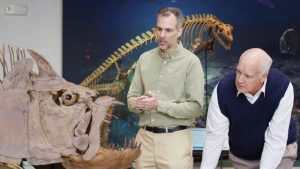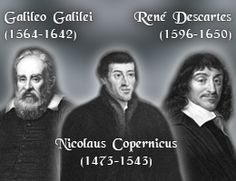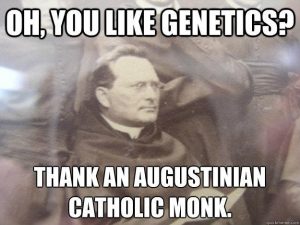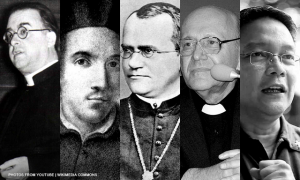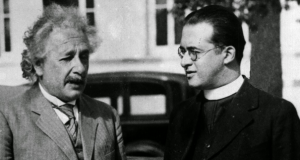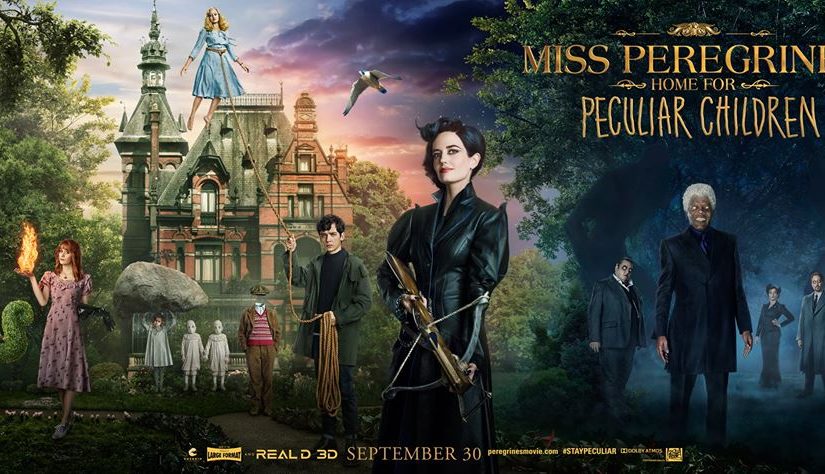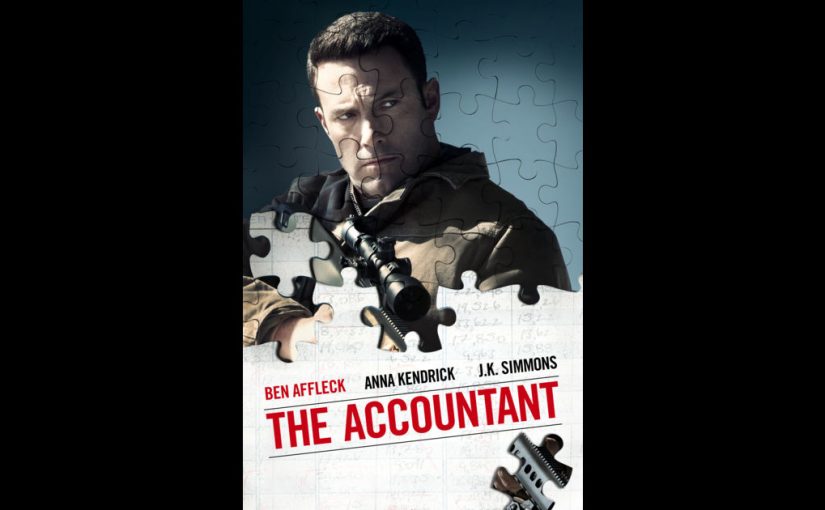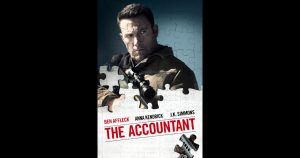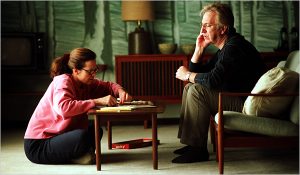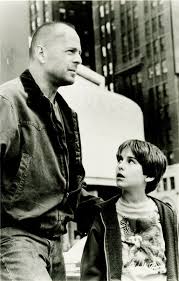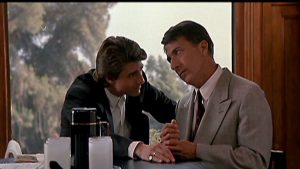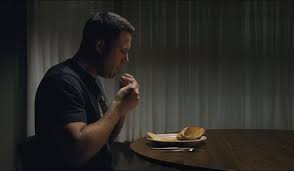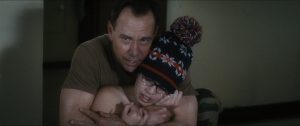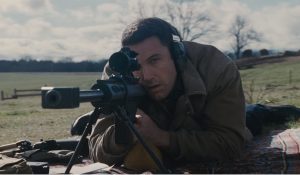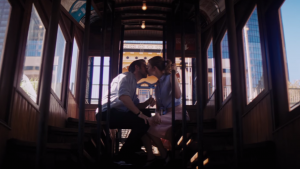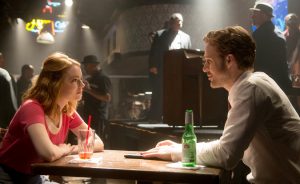Month: February 2017
MISS PEREGRINE’S HOME FOR PECULIAR CHILDREN – IS ITSELF… PECULIAR
 Miss Peregrine’s Home for Peculiar Children is, itself, just that – peculiar. That’s not to say it is a bad movie. But it is unusual – and a bit of challenge to watch at times.
Miss Peregrine’s Home for Peculiar Children is, itself, just that – peculiar. That’s not to say it is a bad movie. But it is unusual – and a bit of challenge to watch at times.
The story is about Jake (Asa Butterfield) 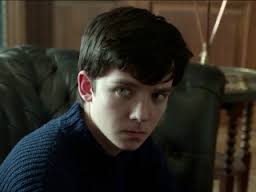 who feels very ordinary – until his grandfather (Terence Stamp)
who feels very ordinary – until his grandfather (Terence Stamp) 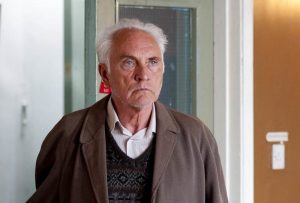 dies in a mysterious and horrible way – with his eyes sucked out by a shadowy monster. Returning to the place where his grandfather grew up, he comes across a Gothic but romantically beautiful house which serves as a “Home for Peculiar Children” run by an equally mysterious Miss Peregrine (Eva Green).
dies in a mysterious and horrible way – with his eyes sucked out by a shadowy monster. Returning to the place where his grandfather grew up, he comes across a Gothic but romantically beautiful house which serves as a “Home for Peculiar Children” run by an equally mysterious Miss Peregrine (Eva Green).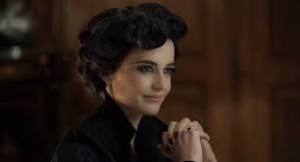 And then strange upon strange, finds the home has existed in a time loop since 1943, where the world around them repeats the same day over and over. And while the children do not age, neither do they lose the memories of the things which happened on previous repeated days – like Bill Murray’s Groundhog Day. But instead of the loop being used as a learning tool, it is being used as a security measure. You see, Miss Peregrine is hiding some very unusual children from — monsters. Which is ironic as some of the children can be a bit off putting themselves: Claire whose mouth of monstrous teeth are hidden in the back of her head,
And then strange upon strange, finds the home has existed in a time loop since 1943, where the world around them repeats the same day over and over. And while the children do not age, neither do they lose the memories of the things which happened on previous repeated days – like Bill Murray’s Groundhog Day. But instead of the loop being used as a learning tool, it is being used as a security measure. You see, Miss Peregrine is hiding some very unusual children from — monsters. Which is ironic as some of the children can be a bit off putting themselves: Claire whose mouth of monstrous teeth are hidden in the back of her head, and the twins who have a powerful force underneath a full body canvas outfit or Enoch who puts animal hearts in inanimate objects and brings them to life to fight each other. And others – with equally "peculiar" skill sets.
and the twins who have a powerful force underneath a full body canvas outfit or Enoch who puts animal hearts in inanimate objects and brings them to life to fight each other. And others – with equally "peculiar" skill sets. 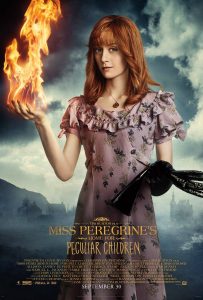
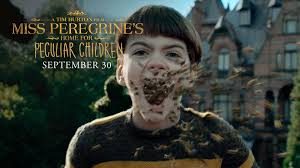

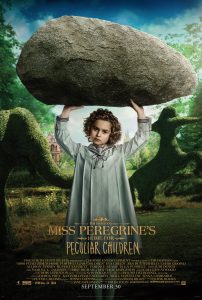
The acting is quite stylized. At first I thought the children had been under prepared for their scenes as their effect was just a bit stunted. But then other actors appeared who I know full well are at the top of their game, used the same approach.
SPOILERS!!!
Samuel L Jackson plays Barron, the head “bad guy”. 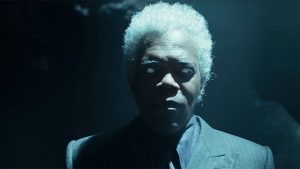 The talented Rupert Everett
The talented Rupert Everett 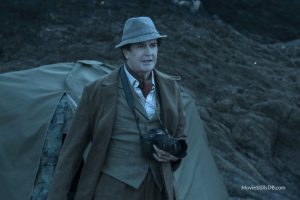 has a surprise and tricky-to-recognize cameo as an ornithologist and Judi Dench
has a surprise and tricky-to-recognize cameo as an ornithologist and Judi Dench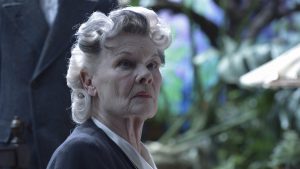 – who could win an Oscar by reading a grocery list out loud – makes a departure so abrupt and unexpected that I wondered if it was a homage to Samuel L Jackson’s role in Deep Blue Sea. And all of them act with the same stilted style. I realized it was a deliberate choice by Burton.
– who could win an Oscar by reading a grocery list out loud – makes a departure so abrupt and unexpected that I wondered if it was a homage to Samuel L Jackson’s role in Deep Blue Sea. And all of them act with the same stilted style. I realized it was a deliberate choice by Burton.
Perhaps he intended to create a story book feel. The source material was a series of books originally meant to be a collection of odd photographs to which a story was attached. 

The ambiance of the movie harkens back to the old Grimm’s fairy tale approach to children’s stories. When one thinks of children’s movies we think of Finding Dory and The Secret Life of Pets, where violence is cartoonish or mostly takes place off screen or is not visually repugnant or is comical. Even in Harry Potter most of the violence, even deaths, are pretty sanitized.
But in Miss Peregrine’s Home for Peculiar Children the writer and director did not shy away from graphic – even brutal – showings of exactly what they meant. When someone says children’s eyes are stolen and eaten – they do not mean it metaphorically. At one point we watch as a group of well dressed evil "Peculiars" sit about a table and suck in a large pile of eyeballs one at a time. It’s kind of gross but Burton-stylized and fascinating, like a train wreck.
But then what are we to expect from Tim Burton? He, of the Corpse Bride, Edward Scissorhands and The Nightmare Before Christmas.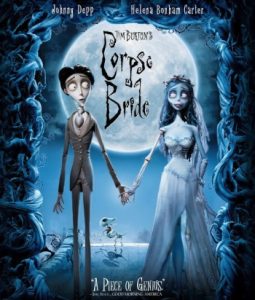
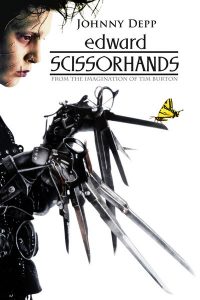
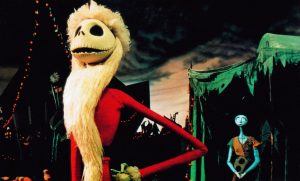
Also following in the steps of the Grimm Brothers, Burton does not hesitate to show us a dead child or an evil character getting his eyes poked out. But none of it is gratuitous, which saves this particularly “peculiar” outing.
Bad things happen when bad people do bad things. But, also like the Grimm Fairy tales there is merit in heroism and redemption in using your talents for the good of others and love will eventually conquer all.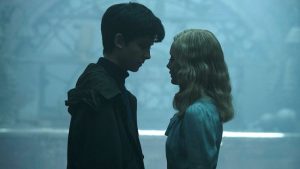
I do recommend this movie but with provisos for the squeamish and any child under early teen years.
THE ACCOUNTANT – AN AUTISTIC JASON BOURNE
What if Jason Bourne was autistic….and an accountant. This is basically the premise for The Accountant, a compelling who dunnit with intriguing twists and turns. While there’s nothing especially new under the sun with the basics of the plot – guy uncovers a conspiracy, is chased by bad guy’s henchmen, lots of violence, innocent girl in distress comes under the reluctant wing of our intrepid hero – there are surprises.
One of the most absorbing and unexpected set ups is the protagonist. Not exactly a hero in the typical sense, he has a moral code of honor which he is willing to both kill and die for. And — he’s autistic. I cannot think of a single other film where the kick-gluteus maximus lead has this particular challenge. Now – Mercury Rising, Rainman, The Boy Who Could Fly, and Snow Cake – all feature autistic characters but all are in need of support, rescuing or protecting.
In The Accountant, Ben Affleck plays the self described “high functioning” autistic Christian Wolff, as a man who needs assistance from no one. Raised by his military single father, and with his younger brother, to be self sufficient, and extremely tough – Christian’s eccentricities generated from his autism are not shied from. Neither are they the subject of any of the usual well intentioned amusement. This is a man at whom you would not want to laugh – for a variety of reasons. One of which is the dignity with which he comports himself. The audience is allowed to observe his world and is encouraged to respect it.
– AND HERE THERE BE MAJOR SPOILERS THOUGH I DON’T SPILL ALL THE BEANS –
While there are hit men, embezzlers, mafiosos, torturers, murderers, psychos and plain old bad guys, the person who, I believe is the BIGGEST bad guy, the one who commits the worst sin and who, actually, starts the chain of events TWICE which create pretty much every bad thing that happens in the movie is —– Wolff’s mother.
Early on Christian’s mother abandons the family — at Christmas. The distraught Christian frantically tears the house apart. His father is seen in the front of the house, from the POV of the younger and smaller brother watching from the window, practically begging his wife to stay. The father, military and having expressed a desire for structure and the importance of discipline in the home, enters to find Christian having broken every breakable and punched a hole in the wall. I expected there to be further anger and conflict.
Instead the father kneels and cradles his traumatized son on the floor, cooing to and comforting him. This scene informed much of the rest of the film as well as my reaction to the path the elder Wolff lays out for his vulnerable sons. For example, when he insists his sons continue training with a special martial arts tutor beyond even what the tutor thinks is the limit for the young boys, we understand the father is not being cruel – he is devoted to and loves his children but, as he openly points out – he knows what’s best for them.
Because the mother leaves the father alone to fend for the boys and himself, the elder Wolff has no choice but to make them rock tough. And the younger boy is left with some seriously unresolved anger issues. Had the mother not left, it is likely the path all three of the men would have taken would not have been as dark as the one on which they ultimately trod.
Near the middle of the movie we discover Christian father’s has died. The death came as part of escalating conflict at this same woman’s funeral. The two – father and son – attend in military dress. But the new husband with the new family and the two new “normal” children takes exception to the first, rightful, husband being at her funeral. Ironically, Christian’s father was only there at Christian’s request. A fight breaks out, the new husband calls the police, an over zealous police deputy takes a shot a Christian. The father – as he has done his whole life – throws himself in the way of the bullet and dies. Christian attacks the police officer and sends him to the hospital – and ends up in Levingworth prison, where he meets the whistle blower accountant to a Mafia family who takes him under his wing, teaches the genius savant everything there is to know about this extremely dangerous lifestyle AND accounting.
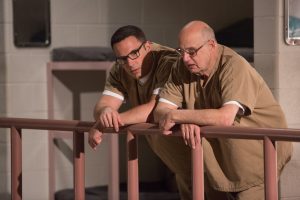
And — the rest is the movie.
But all the bad stuff can be ultimately laid at the feet of this terrible woman’s “choice” to walk away from her children and husband because the situation was just too darned cramping to whatever style she thought she wanted. Reminds me of that old Kenny Rogers song – “You Picked a Fine Time to Leave me Lucille”.
The “balance” of the movie reveals how Christian copes with the tragedies in his life despite his challenges. Some of the choices HE makes are difficult ones but usually made with the care of others foremost in his mind. While this hero isn’t without flaws, as all humans are, his strict moral code left The Accountant in the black on his balance sheet.
FYI – Despite the genre, there is no sex, though there is a good deal of violence and a LOT of profanity.
LA LA LAND – AN ANTHROPOMORPHIZED JAZZ SONG: The Best Movie I Did Not Like
 La La Land is the best movie I’ve ever seen that I do not like. Please bear with me. There is nothing wrong with this movie. It is, in fact, an EXCELLENT movie. It is fascinating, well acted, beautifully filmed and I would see it again. But it’s just not my cup of tea.
La La Land is the best movie I’ve ever seen that I do not like. Please bear with me. There is nothing wrong with this movie. It is, in fact, an EXCELLENT movie. It is fascinating, well acted, beautifully filmed and I would see it again. But it’s just not my cup of tea.Which is an excellent point and another way to describe what I suppose is the attraction to jazz for aficionados.










